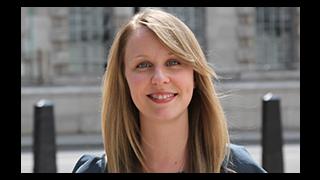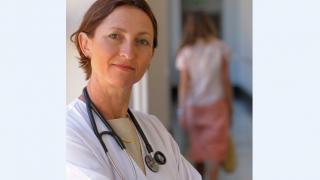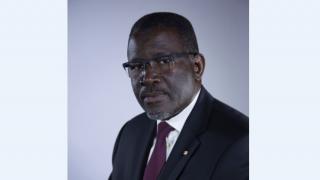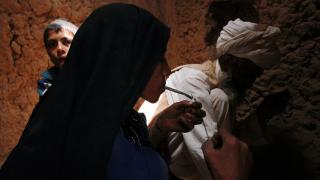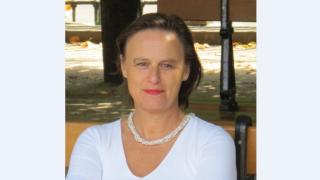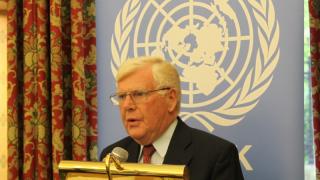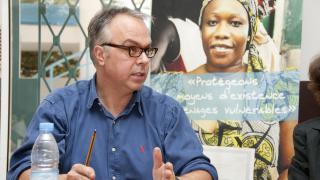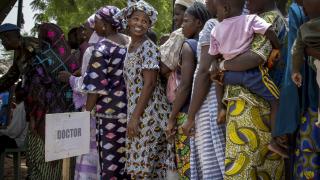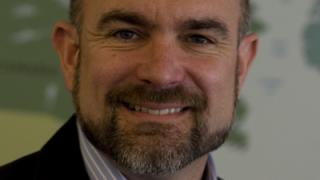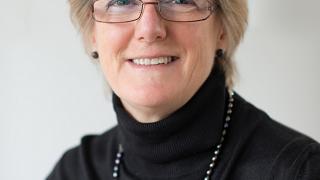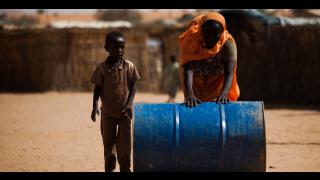For many of us in the sexual and reproductive health and rights (SRHR) community, the Millennium Development Goals (MDGs) were a missed opportunity.
Although the first iteration of the MDGs recognised the importance of addressing maternal mortality, the crucial issue of reproductive rights and health, including family planning, access to contraceptives and comprehensive sexuality education, was omitted.
It was not until the inclusion of MDG 5B in 2007 – concerning universal access to reproductive health – that there was adequate support for these issues. Prior to this, women around the world were still not able to access life-saving contraception or exercise control over their bodies and family size.
Even after the inclusion of MDG 5B, political prioritisation was weak and little progress on access to reproductive health was made. It was too little, too late, and progress towards reaching the target has stalled.
There has been only a 12 per cent decline in adolescent pregnancy since 1990 and a three per cent decrease in unmet need for contraception. Today, there remain 222 million women who do not have access to family planning in the developing world. Globally, disparities in access to sexual and reproductive health are widespread and they contribute to growing inequality between and within countries.
SRHR can have profound implications for human development and economic growth. At an individual level, access to sexual and reproductive health services enables people, particularly women, to participate in social life and have access to education. But in some countries, the majority of females are married when they are still girls – at 15 years or younger. They have no chance to decide their lives for themselves, often with tragic consequences.
Women with access to these services are able to exercise autonomy over their bodies and reproductive health, and are more likely to delay marriage and pregnancy and to have fewer children. As a direct consequence of this, girls are more likely to enter and stay in education and this has a positive impact on their future earnings and participation in the labour market.
This issue has an impact on the global level too. Several of the world’s sustainability problems, including those related to the consumption of non-renewable resources, are exacerbated by the lack of access to family planning for millions of women and men.
It is no surprise that denying families the information and services required to make sustainable choices about how quickly they grow their own family can result in rapid population growth rates, adding to already serious environmental pressures.
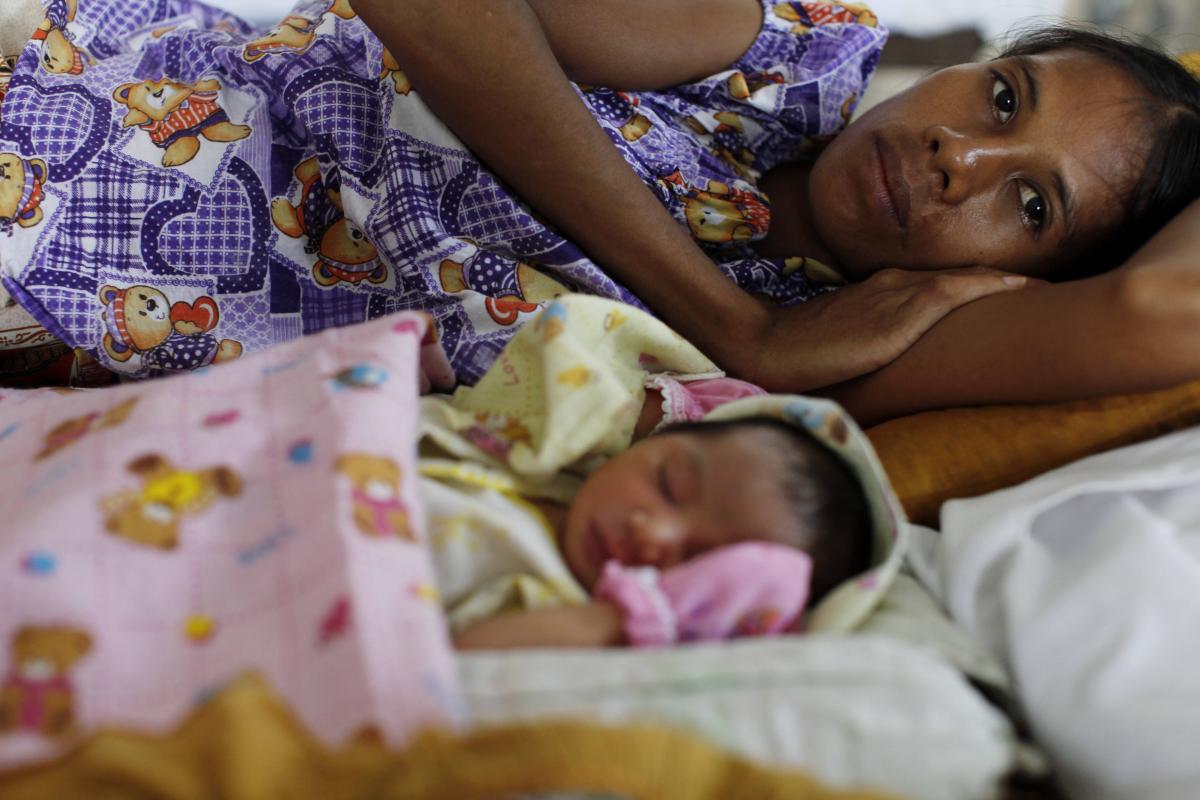 Reducing consumption, particularly by high-income countries, is the most effective way to mitigate the effects of climate change. Yet many countries also identify that improving sexual and reproductive health services and comprehensive sexuality education are two factors that could help their efforts to increase sustainability.
Reducing consumption, particularly by high-income countries, is the most effective way to mitigate the effects of climate change. Yet many countries also identify that improving sexual and reproductive health services and comprehensive sexuality education are two factors that could help their efforts to increase sustainability.
If sexual and reproductive health and rights are not established as a centrepiece of the next development framework, the gains made to date will not be protected, progress towards other sustainable development goals will be compromised, and women and men around the world will be unable to realise a range of basic human rights related to sex, reproduction, family life and participation in social, economic and public spheres.
Governments, civil society and private sector actors have a collective duty to ensure that the new set of goals, targets and indicators continue to make progress towards unfulfilled targets, and address the MDGs’ gaps and failures. Guaranteeing sexual and reproductive health and rights for all must be at the heart of the world’s response to the challenge of sustainable development.
Heather Barclay is a human rights specialist and leads the International Planned Parenthood Federation’s engagement with the post-2015 process
Photo: a new mother with her child in a post-maternity ward in Timor-Leste. © Ron Haviv/VII.

